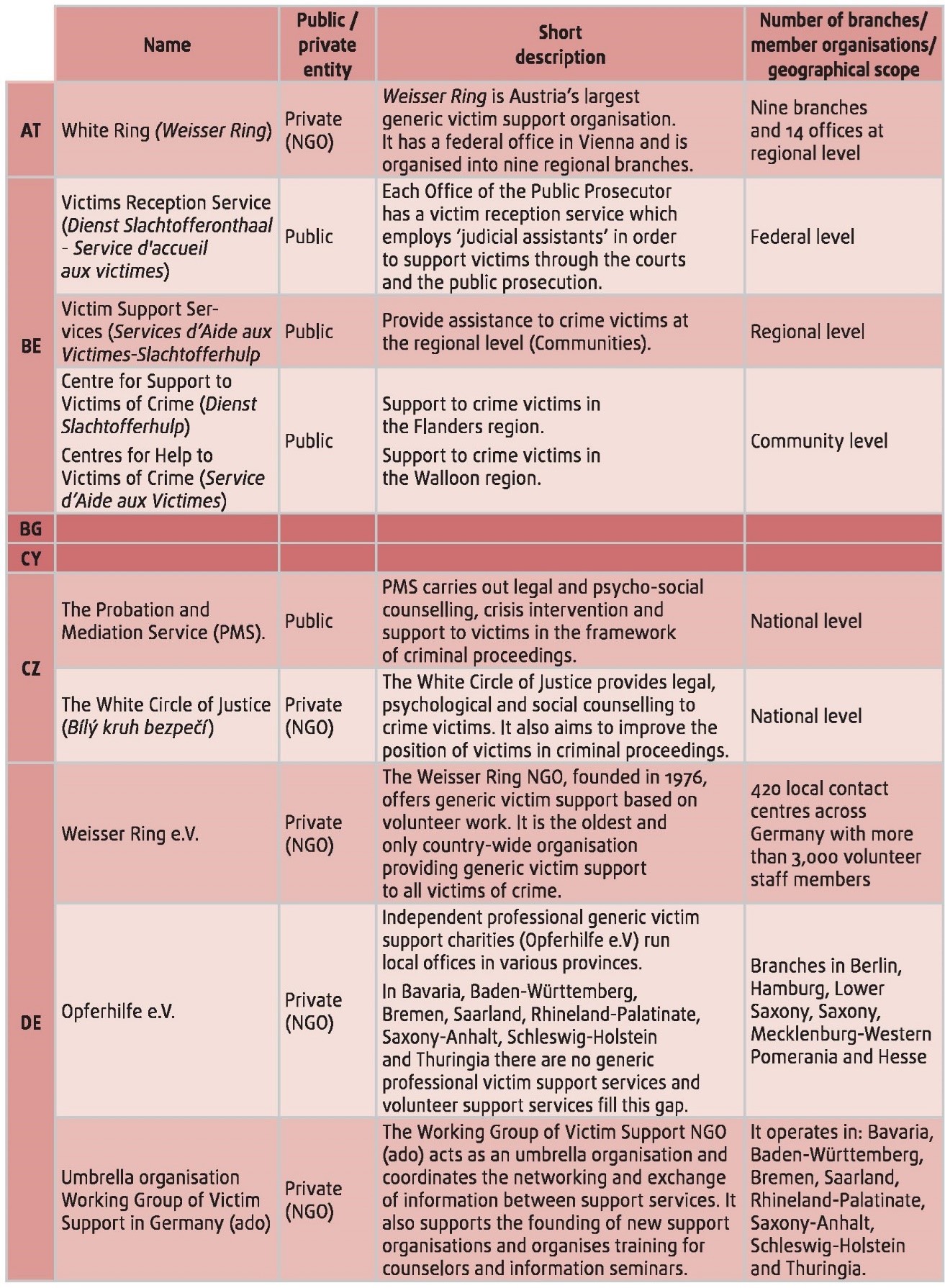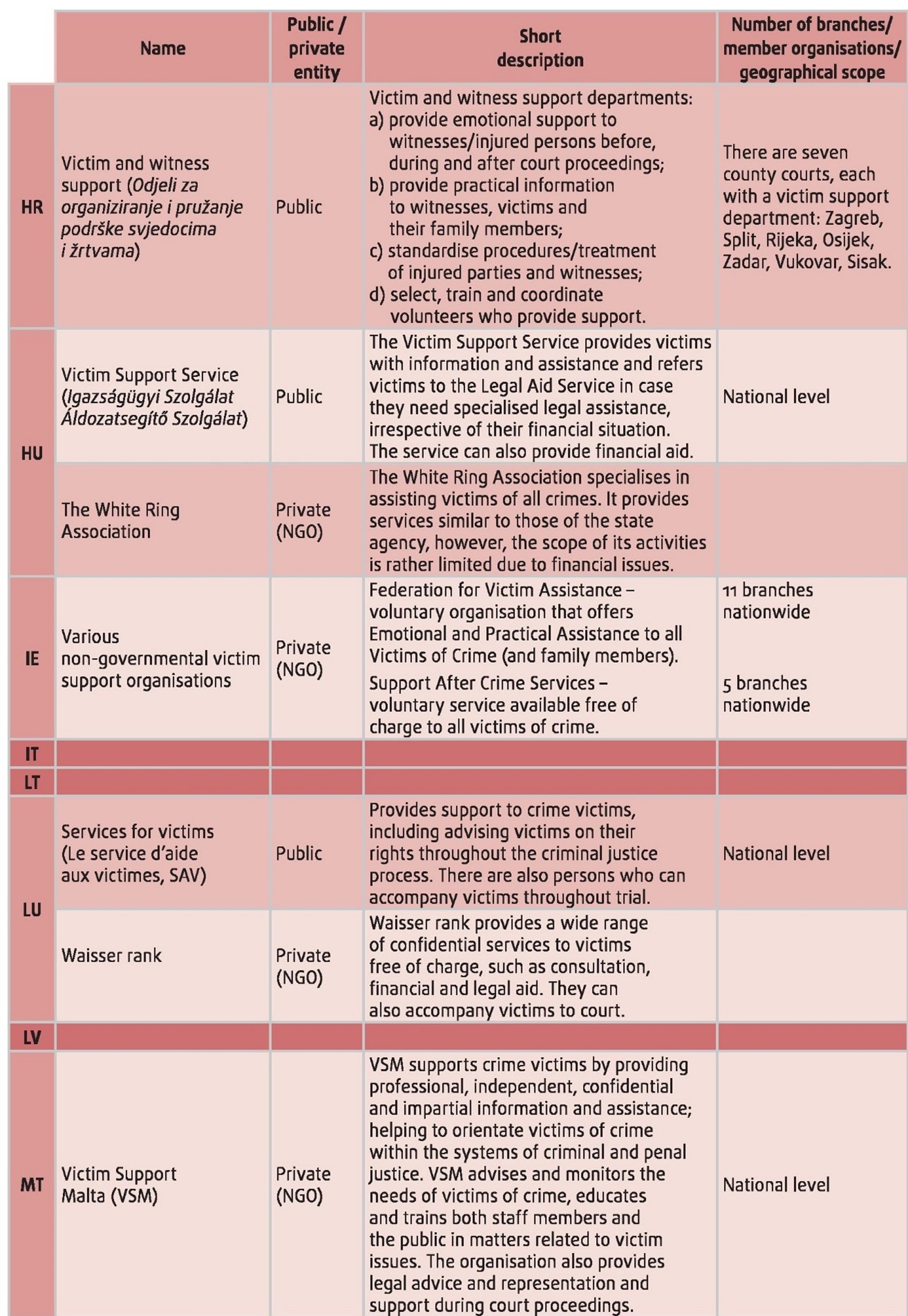As we are all different, if we witness a crime or become a victim of a crime, we react in different ways. However, we should understand that our reactions may result in unconscious changes to the way we feel or the way we act, after the crime has taken place: the more traumatic the crime, the more changes we may experience.
According to Victim Support UK[1], it may be difficult to cope with the effects of a crime as we know it was carried out deliberately by another person. Unlike an accident or an illness, people who commit a crime intend to cause harm to either people or property.
The effects of crime can last for a long time, and these effects are not necessarily dependent on the ‘severity’ of the crime. Some people cope well after being involved in a serious crime, while others can be very distressed by a more minor incident. You can read more about how crime affects people here.
It is possible to find ways to cope after being involved in a crime, some people feel better on their own, others wish to talk to their family and friends, or get help from a victim support professional or a psychologist. Victim support professionals are specifically trained to help people who have become victims of crime.
Here are some tips for dealing with the impact of crime:
- Talk to your family and friends: talking to those close to you may help you process the traumatic experience. While it may be distressing to think and talk about the crime, it may also help you understand what happened and move on.
- Say how you feel: talking about your feelings is one of the ways people process and deal with their emotions.
- Get professional help: there are victim support professionals who can help you cope with your experience in a safe manner. Read on to find out more about victim support organisations.





